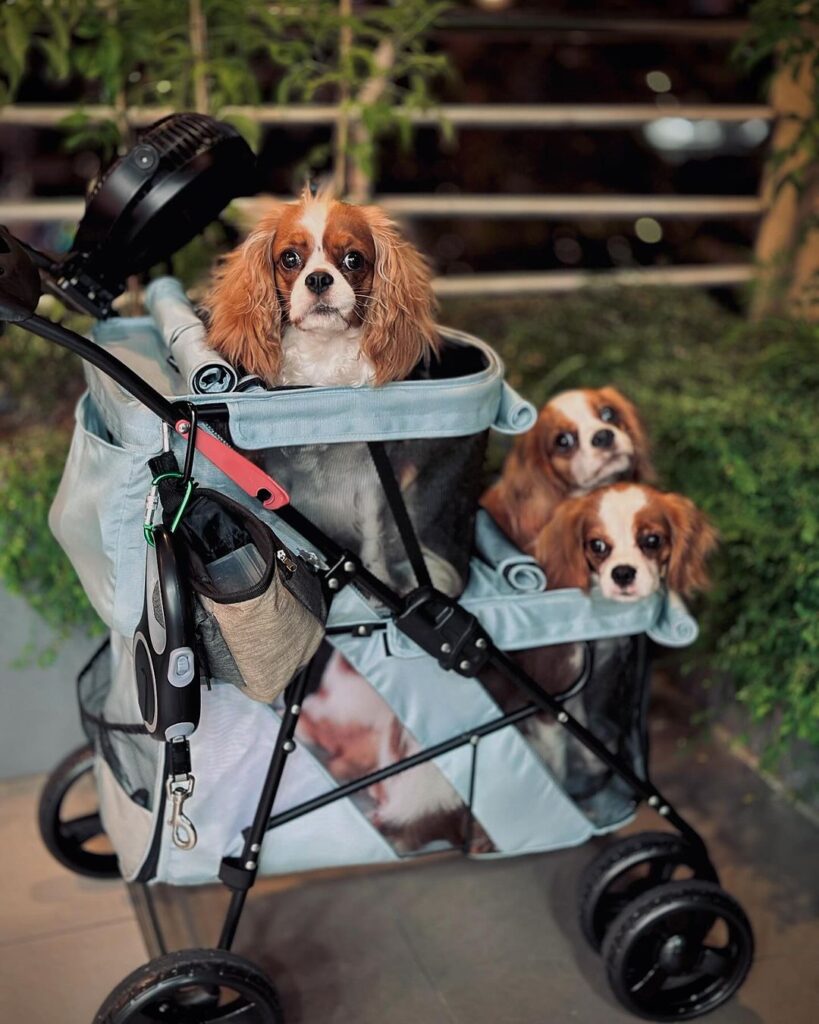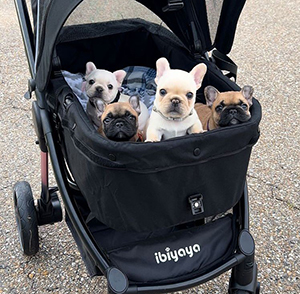Yes, puppies can grieve after being rehomed. Although they may not comprehend the situation in the same way that humans do, puppies develop emotional bonds with their caregivers—especially if they have spent several weeks or months together. When suddenly separated from their familiar environment and the people they know, they may experience confusion, anxiety, and signs of grief.
Changes in behavior

Grieving in puppies can manifest as changes in behavior. A rehomed puppy may appear withdrawn, lose interest in food, cry or whine more than usual, or seem restless. These behaviors are often their way of processing loss and adjusting to their new environment. It is important to remember that puppies are sensitive to change, and the transition to a new home—regardless of how loving—can be stressful.
Puppies are highly adaptable
With patience, affection, and a consistent routine, most rehomed puppies can establish new attachments and begin to feel secure once more. Offering ample comfort, playtime, and gentle training can facilitate their bonding with the new family and alleviate the sense of loss they may experience.
Here are the three tips for successfully rehoming puppies:
If you are rehoming a puppy, it is beneficial to make the transition as smooth as possible. Sending familiar items, such as a blanket or toy from their previous home, can provide comfort. Gradually introducing the puppy to their new environment and caregivers can also facilitate the adjustment.
Pet wagon with detachable carrier

Select the Best New Owner: Ensure that prospective adopters have the time, financial resources, and space necessary for a puppy by thoroughly screening them. To determine if it is a suitable match, inquire about their living situation, work schedules, and experience with pets.
Make the transition gradual: If possible, allow the puppy to meet the new owner several times before the move. Send comforting and soothing items, such as a blanket or a favorite toy, to help the puppy cope with the stress of leaving its familiar environment.
Provide support and clear information: Share information regarding the puppy’s routine, dietary needs, medical history, and any unique behavioral traits. Being available for inquiries or offering a few days of follow-up assistance can significantly facilitate the new family’s smooth transition.
Ultimately, although puppies may experience grief after being rehomed, their capacity to trust and love again is resilient. With time and proper care, they can flourish in their new environment and develop joyful, lasting relationships.





